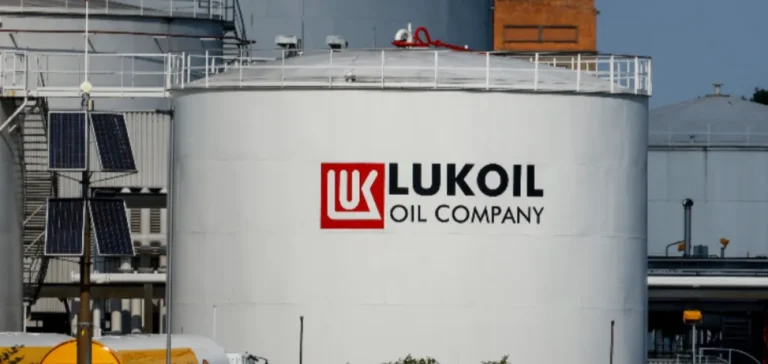The Bulgarian Parliament has approved legislation allowing the government to assume operational control of the Neftochim refinery, 99.85% owned by Russian group Lukoil, located in Burgas on the Black Sea. The decision follows US sanctions against the parent company, which will take effect on November 21, and which, according to authorities, risk leading to a complete shutdown of the site’s operations.
Imminent sanctions and economic concerns
Majority lawmakers who initiated the bill justified the fast-track adoption by pointing to the threat the sanctions pose to the national economy. They argue that the freezing of payments to entities linked to Lukoil would make continued operations of the refinery legally and financially unviable. With an annual turnover of €4.68bn ($4.99bn) in 2024, Neftochim is the country’s largest enterprise and a key economic asset in the Balkans.
The law now authorises the appointment of a special administrator by the Bulgarian government, tasked with managing the refinery. The administrator may also initiate a full or partial sale of shares, pending prior market valuation and government approval.
Domestic criticism and legal concerns
The legislative process drew criticism from the opposition, particularly over the speed of its passage. The parliamentary energy committee meeting reportedly lasted only about 30 seconds, with several MPs voicing concerns over possible international legal action in the event of a sale or nationalisation.
Energy governance expert Ruslan Stefanov warned of a potential dilution of the sanctions’ impact. He noted that partial nationalisation could allow Lukoil to challenge the decision in court and demand significant financial compensation.
Restrictions on oil product exports
Prior to this vote, Parliament had already enacted restrictions on the export of oil products to other European Union member states. The measure aimed to safeguard domestic supply in the event of prolonged disruptions to local production.
The restrictions apply to 22 customs categories, including diesel and kerosene. Exceptions are made for fuelling local and foreign ships and aircraft, as well as for logistical needs of the European Union and North Atlantic Treaty Organization (NATO) armed forces.
Lukoil also operates a network of over 220 service stations across Bulgaria, making it the country’s leading fuel distributor.






















